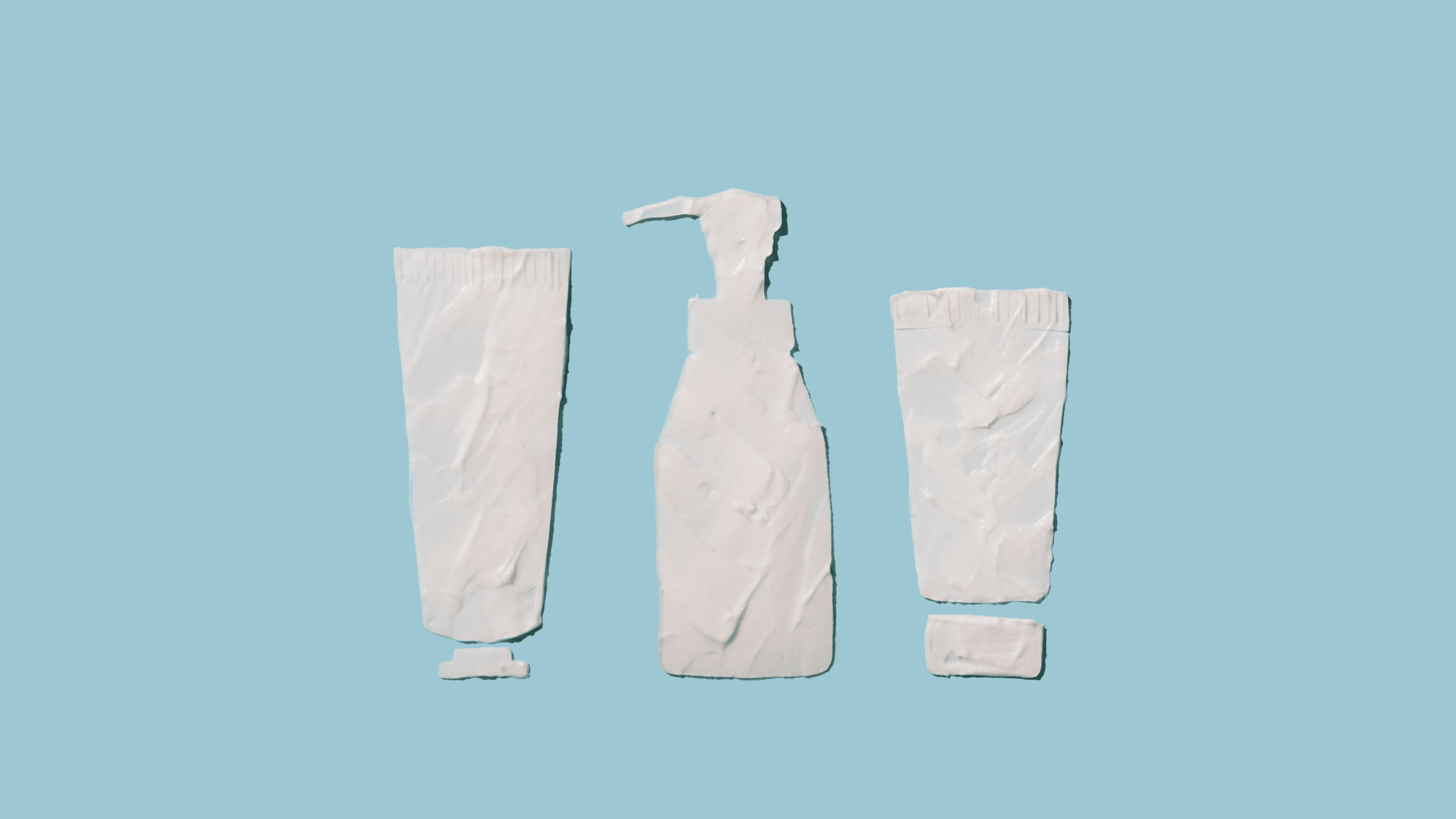Suncare isn’t just for summer – as consumer awareness around skin health and sustainability grows, the prestige beauty sector is stepping up its suncare game – here’s how face SPF is becoming a year-round essential, not just a holiday afterthought.
In exclusive data for the British Beauty Council, Circana – experts in all things prestige because – unpacks what’s driving this trend.
Emma Fishwick, Circana Accounts Director, kicks things off saying: ‘Face SPF is in greater demand than ever before, with prestige suncare sales recently achieving their highest level to date. What’s more, consumers are leaning into higher SPF Formats with SPF 50 products growing +25.5% YOY whilst SPF 30 Lines recorded a decline in sales vs year ago.’
But, why?
Brands are keeping pricing smart
It is becoming increasingly evident that consumers are opting for accessibility as they slather on SPF each day.
Circana reports that over half of the face SPF market is priced under twenty pounds. ‘Even sunscreens from more prestige brands are often among the most affordable items in their range,’ notes Fishwick.
For example, Shiseido’s ULTIMUNE Power Infusing Serum is priced at £90 for 50ml, whereas its Expert Sun Protector Face and Body Lotion costs just £20 for the same volume.
The rise of mineral formulas
As consumers become increasingly motivated to make more environmentally conscious choices in their beauty regimes, mineral sunscreens are witnessing marked growth.
Unlike chemical sunscreens, which often contain ingredients like oxybenzone and octinoxate – both of which are linked to coral bleaching, marine life disruption, and other forms of environmental harm – mineral formulas using zinc oxide and titanium dioxide, which are considered reef-safe, appeal to the public as a greener option.
The Circana insights show that mineral suncare, for both face and body SPF, is expanding at a faster rate than its chemical counterpart. That said, the lighter, often more cosmetically appealing chemical formulas continue to dominate the market.
Seasonality still counts
In line with the Summer holiday season, Circana reports that nearly half of suncare sales in 2024 took place between May and August. Highlighting that seasonality remains a key factor in determining SPF’s market performance.
Nevertheless, Fishwick says: ‘Growing consumer education around the benefits of suncare – particularly that of face SPF for concerns such as aging, hyperpigmentation, and skin cancer – continues to present a strong opportunity for brands to drive suncare sales year-round.’
The British Beauty Council recently launched its UV Safety Initiative, you can read more about its plans here.




